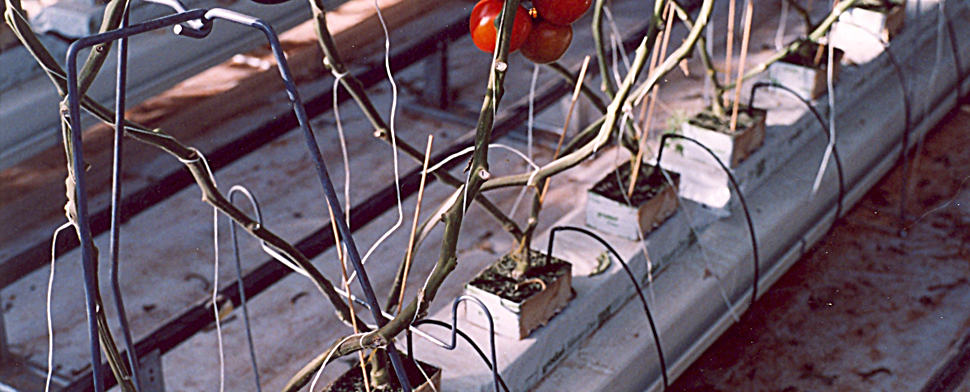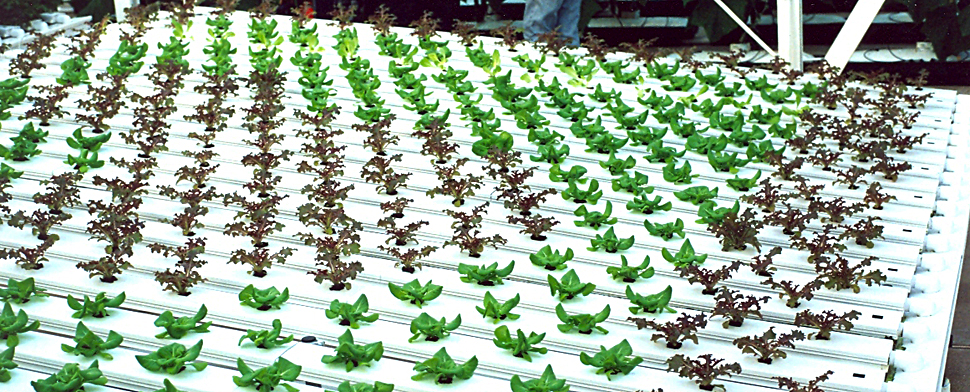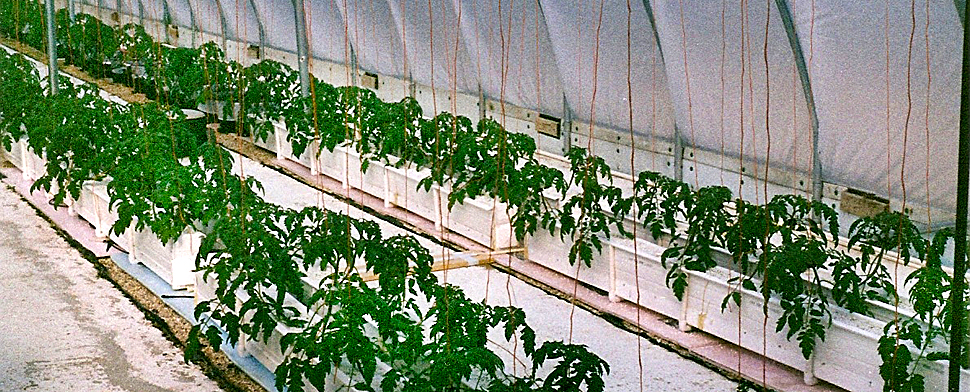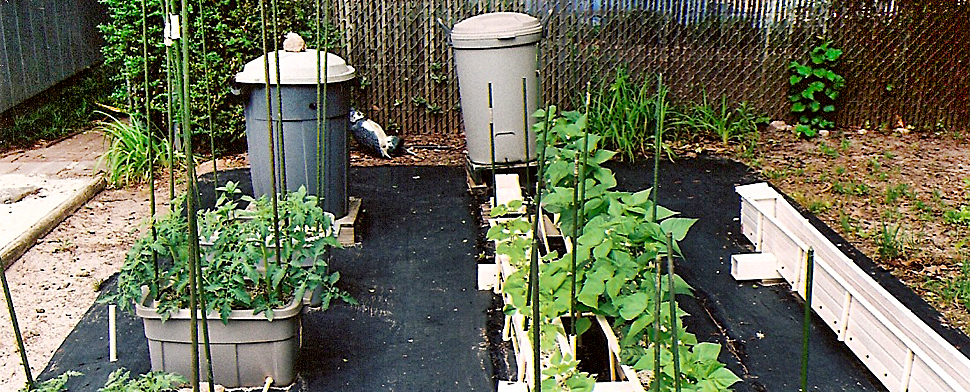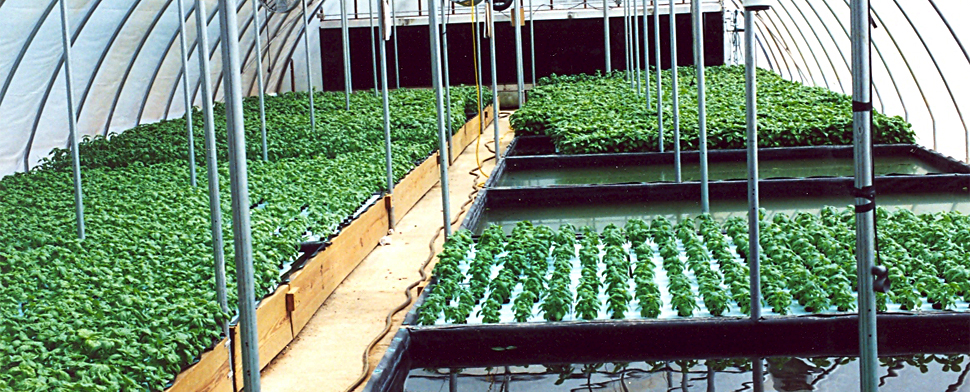Consulting Services
able to interact with commercial and home garden growers on all aspects of hydroponic growing in hydroponic growing systems, soilless media, or soil For fees and further information:
email:jbhydro@carol.net
Analytical Services
Water and Hydroponic Nutrient Solution: place at least 10 fl. oz. in a clean bottle. The analysis results will include pH. Electrical conductivity (EC), and level of all the plant essential elements. Interpretation of the results will be given if the potential or current use is given.
Soilless Rooting Medium: take an aliquot of rooting medium (organic, perlite, rockwool) from top to bottom from several locations or rooting vessels and let the water drain from the taken samples. Do not air dry but place into a plastic bag and seal. The sample will be assayed for its pH and level of essential plant nutrient elements, and an interpretation of the results made based on current or potential use.
Soil Testing: sample to a depth of 6 to 8 inches, taking a sufficient number of cores representing the area being tested. Place 2 cups of soil in a suitable container and mail to the address below. Analysis results will include pH and level of the essential major elements and micronutrients. An interpretation of the assay results and lime and fertilizer recommendations will be given if the crop to be grown is specified.
Plant Analysis: collect fully mature leaves just below the growing terminal from at least 10 plants, or several leaflets from several plants to make a composite sample of at least 10 leaflets. For specific sampling instructions, request by email: jbhydro@carol.net. Before shipping, allow the leaf tissue to air dry in the open air for 24 hours. Then place the leaf tissue in a clean paper envelop. The plant tissue will be assayed for all the essential elements and an interpretation of the results given. Include plant species, sampling date and visual appearance of the plants sampled. When dealing with a suspected nutrient element insufficiency, collect leaf tissue from both normal and insufficient-appearing plants in order to make a comparison interpretation.
Analytical Fee: $25.00 per sample by check or money order.
Mailing Address:
GroSystems, Inc.
109 Concord Road
Anderson, SC 29621
Sample Identification Information:
- name and address (street, city, state, zip code and email)
- brief description of the site conditions
- for plant tissue submission, describe the condition of the plant
Contact Us
Mailing address:
GroSystems, Inc.,
109 Concord Road, Anderson, SC 29621
Email: jbhydro@carol.net

